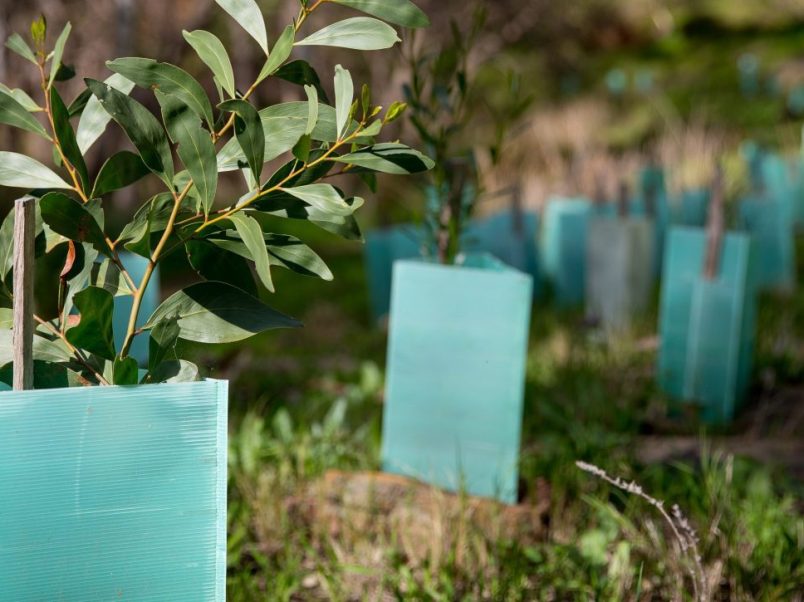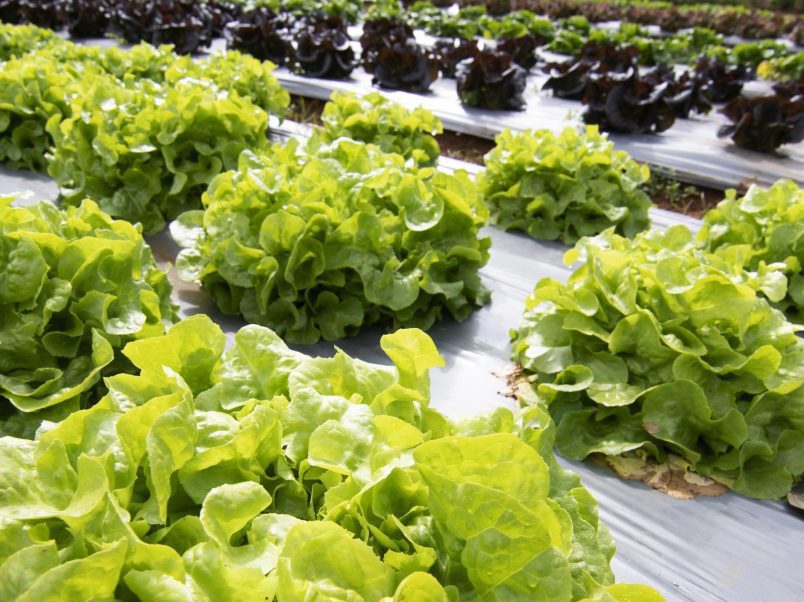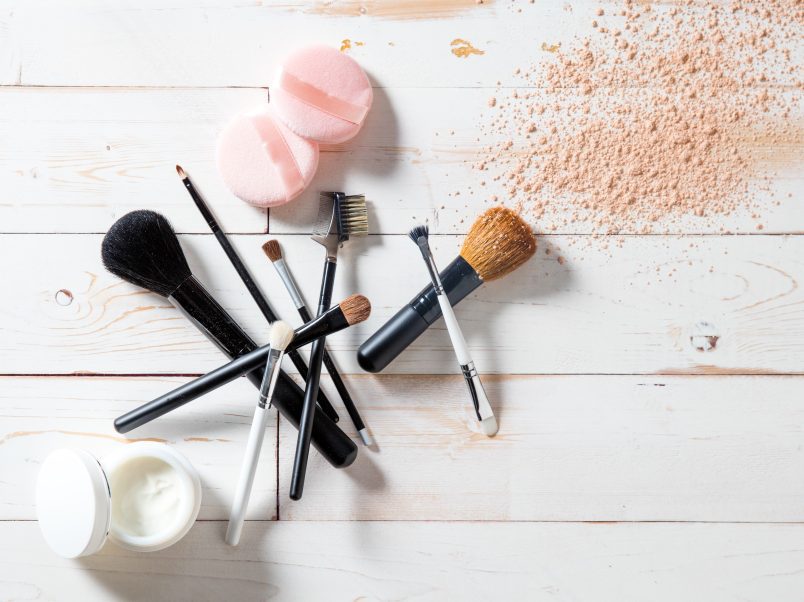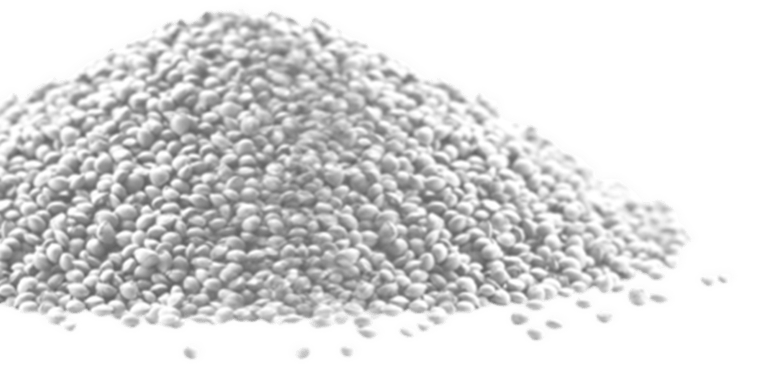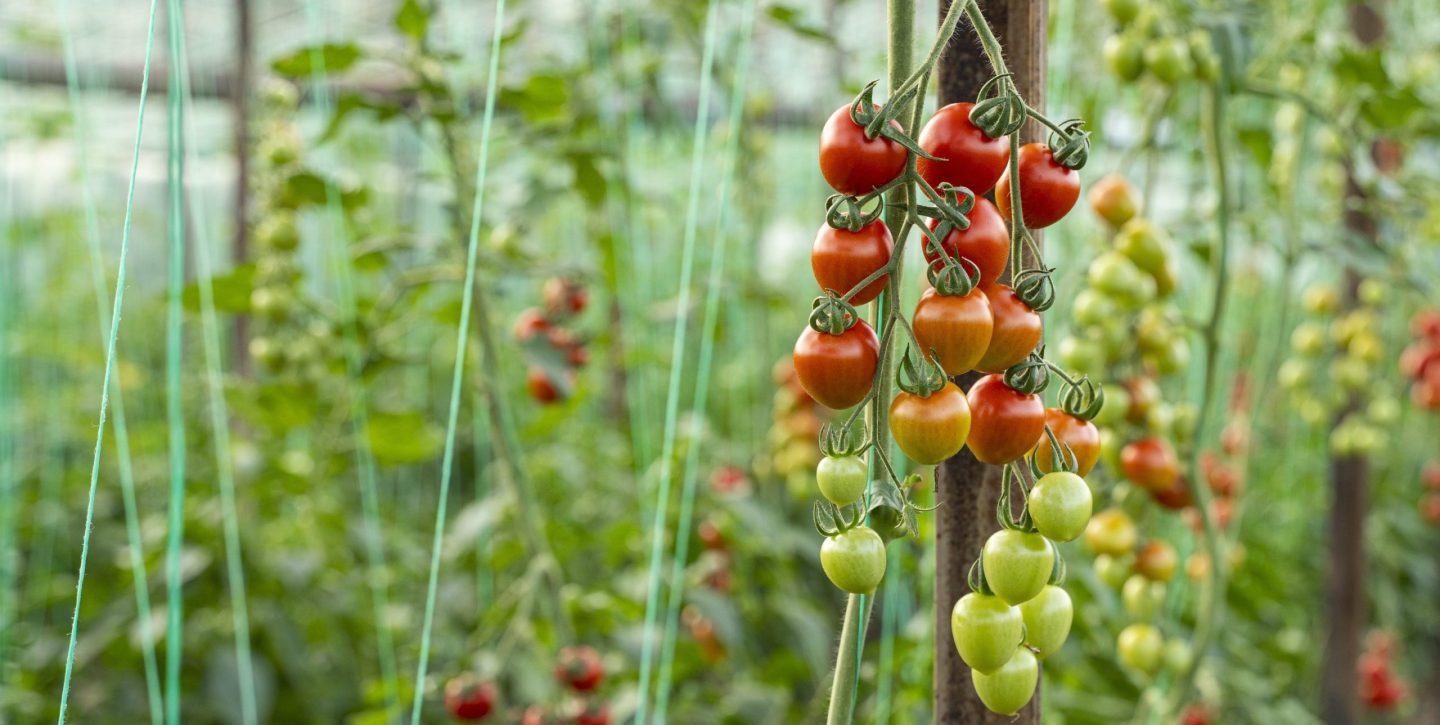
Garden lines binder twine from Bioplastics
Yarns and lines made from bioplastics are an ecological alternative to fossil-based plastics in gardening and agriculture
We are happy to help.
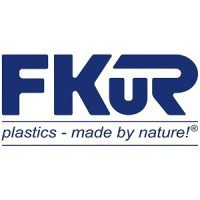
Sales team
Millions of tons of plastics products are used every year, not least in agriculture. These products include mulch films and agricultural films as well as underlay films, stretch films, nets and climbing twines. In fruit and wine growing and in gardening, these twines help plants grow and serve as a holding or climbing aid. After use, however, they often remain in the environment. Collecting them up would be very costly for the farmer in terms of both time and money.
The alternative: biodegradable and compostable plastics in agriculture
FKuR’s aim is to prevent rubbish arising in farming in the first place. Biodegradable and certified compostable bioplastics are therefore offered as an ecological alternative to fossil-based plastics for all products that will potentially end up in nature.
Twines from Bio-Flex® are high-strength
Twines made from Bio-Flex® have a huge potential. They are soft, flexible, easy to handle and have high breaking strength. In contrast to fossil-based binder twines, those made from Bio-Flex® are completely compostable and can be left on the field. Another advantage over conventional PP twines: Climbing aids made from Bio-Flex® do not have to be laboriously separated from the plant parts when the greenhouse is cleared out. They biodegrade completely into CO2, water and biomass and leave behind neither toxic residues nor microplastics. Bio-Flex® offers an alternative waste route thanks to its certified biodegradability and compostability.
Flexible & moisture-resistant twine made from compostable plastics
Binder twine made from Bio-Flex® is strong yet flexible, and also moisture-resistant, which reduced the risk of the twine breaking. It is therefore ideally suited to the cultivation of tomatoes, cucumbers, aubergines or peppers, for example.

